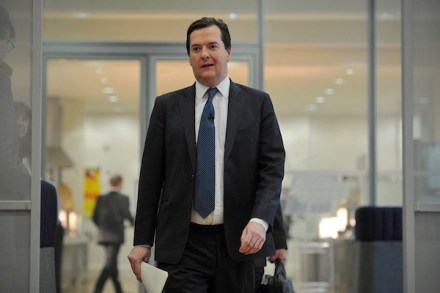Revive the Snooper’s Charter? It’s already obsolete
The political response to the Woolwich murder is following two broad patterns. On the one hand, the party leaders make dignified, calm statements, tending almost to the banal. There was, for example, very little difference between the comments of Ed Miliband and those of Nigel Farage. Both condemned the murder, offered support to Drummer Rigby’s family and urged calm from all. Unity is not surprising: there is not much one can reasonably say about such events without jerking a knee and making oneself hostage to fortune. The beheading of an off-duty soldier is no more representative of Islam than the reaction of the English Defence League is representative of patriotism.



















